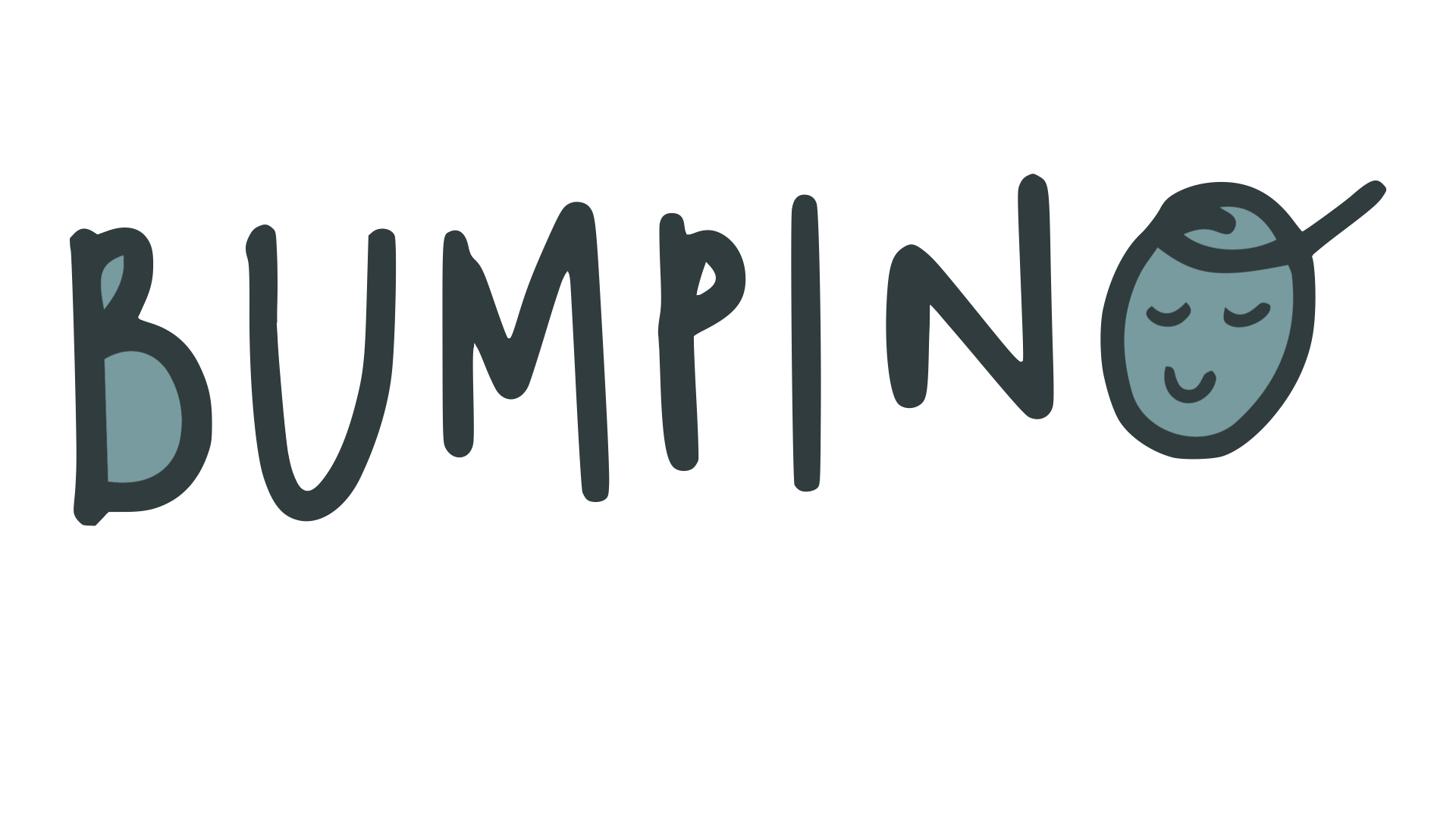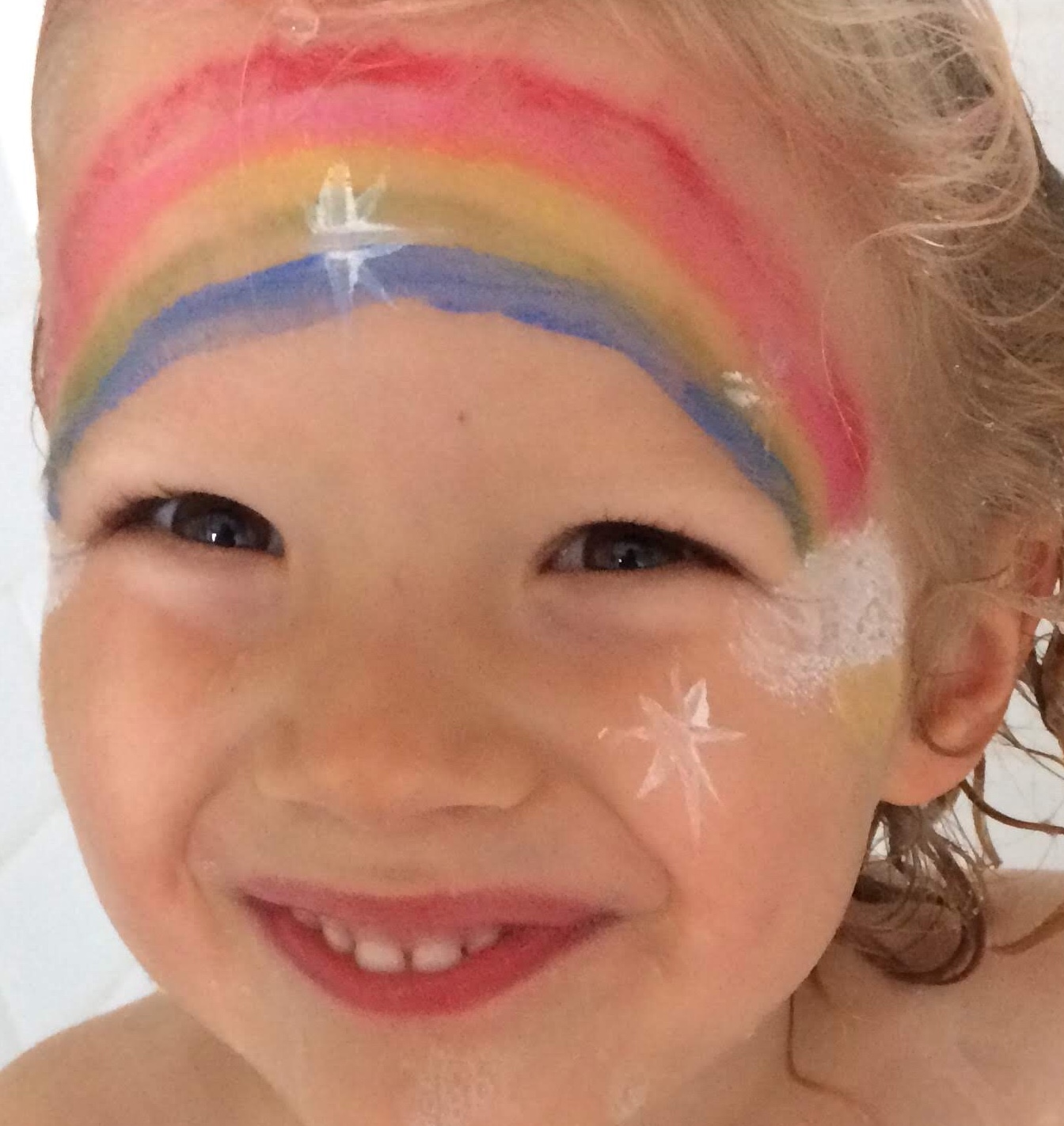“I think he just wanted to be noticed” – Billy Bixbee from There’s no such thing as a dragon
Why is it that as humans we all crave so much attention? Why do we want to be noticed? Yet, for some of us, when we are noticed, we shrink away or wish the floor would swallow us up? Attention seeking behaviour is a trait of all humankind, even if it doesn’t take the form of the traditional loud and domineering kind. We are guilty of it as adults and we were guilty of it as kids.
As I’ve said before, we are designed for relationships, for attachments and so we do anything to fill this need. Our first attachment is established before we are even born. We are physically attached to our mother via the umbilical cord, which develops when we are only five weeks old. The umbilical cord contains two arteries which carry away the deoxygenated, nutrient-depleted blood and one vein that supplies the oxygenated and nutrient-rich blood to the foetus. Isn’t that interesting how, already, there are two sources to remove negativity, but only one to provide positivity? I feel that is a rut I so often get stuck into. I feel I am constantly nagging and telling Poppi everything she is doing wrong, rather than focusing more on building the positives. When we think about attention-seeking behaviour, we so often think of the negative type; tantrums, clinginess, irritation, dependency, etc, etc. Is it down to our own worry of negative attention that we believe we have to tell our children the right thing to do and thus miss telling them what they actually do well? Children have this figured. They seem to best get our attention by throwing a tantrum in the most inconvenient place, causing all eyes to fall on us.

I often look at myself as anything but an attention seeker. I hate being the center of attention and feel incredibly self-conscious when people draw attention to me. However, I bet I can list a load of “attention-seeking behaviours” that will fill the human crave to be noticed. They may, however, be a little more subtle. Such as; sulking, walking away when someone is talking to me so that they have to follow me, huffing and puffing to be heard, etc (goodness, I’m letting my shadow side out for the world to see now!). Nevertheless, these behaviours are not going to encourage positive attention, but they will get me attention in a way in which I have control.
So many of us actually really struggle with praise. When someone tells us “well done” we find some sort of excuse as to “how it wasn’t really me” or “ I hardly did anything” or “it wasn’t that hard”. Why do we find it so difficult to accept that we do things well and why do we find it so hard to tell people when they have done something well? I think this is a big challenge for us as parents, and actually, in all relationships, professional and personal. Therefore, I am going to set myself a challenge and invite all of you reading to join me.

When I was a primary school teacher it was suggested we give feedback in the form of “two stars and a wish”, that is, two positives and one improvement. Over this next week, let’s set a goal to encourage those around us before we ask anything of them and when we are encouraged, let’s just respond with an accepting “thank you”. When Poppi shows me attention-seeking behaviour I will try to firstly acknowledge two things she does really well before addressing whatever she is throwing at me! Let me know how it goes and I’ll let you know too!


2 thoughts on “Stargazing”
I love this challenge! I’m going to give it a try with my son too. I think it will be a good exercise in positiveness!
Go for it Beth. Well done you. Let me know how it goes. I had one successful attempt today, so a good start I guess!
Comments are closed.